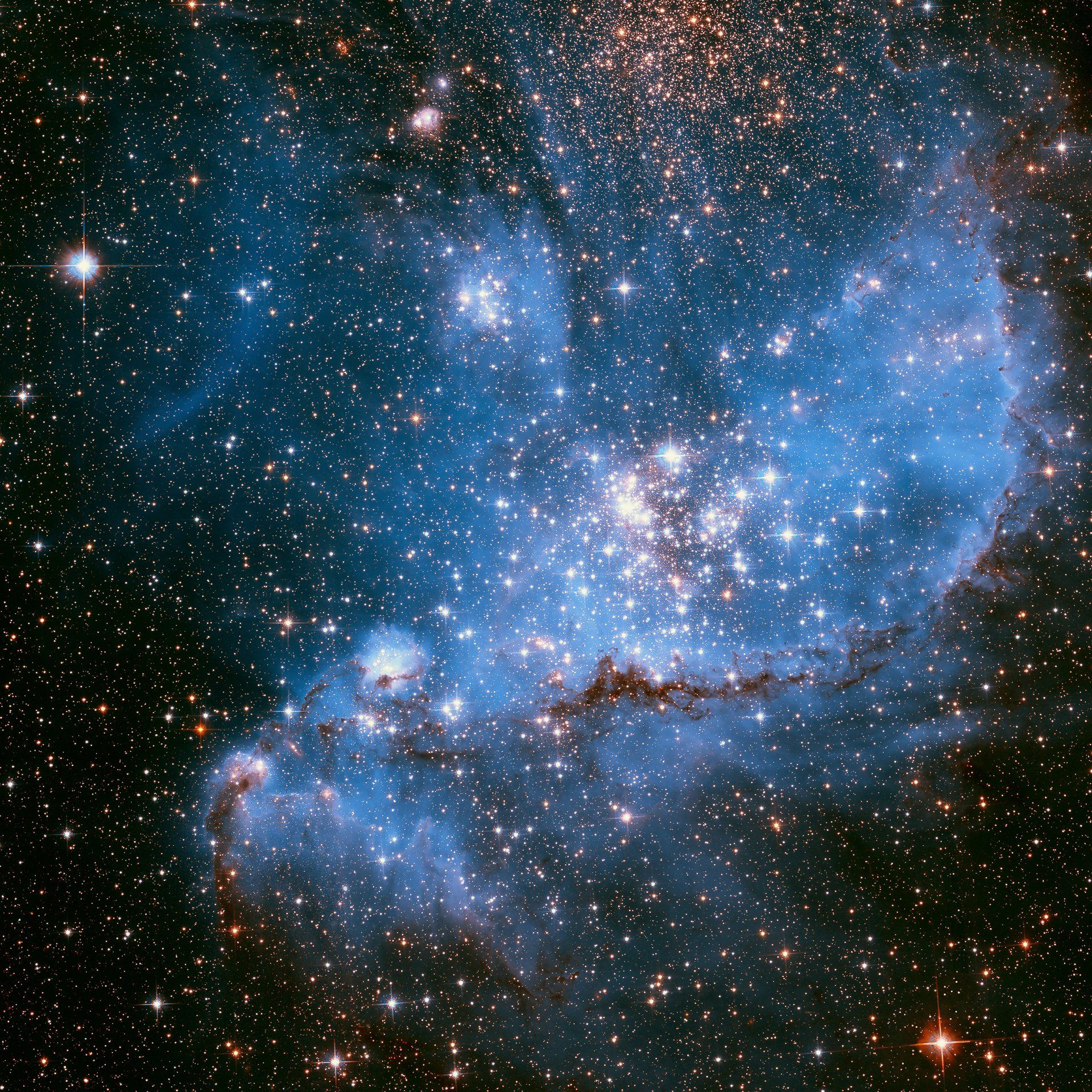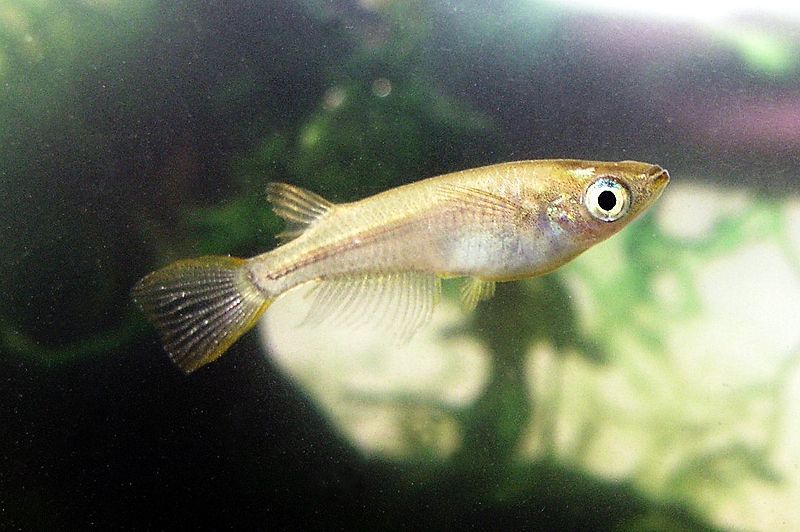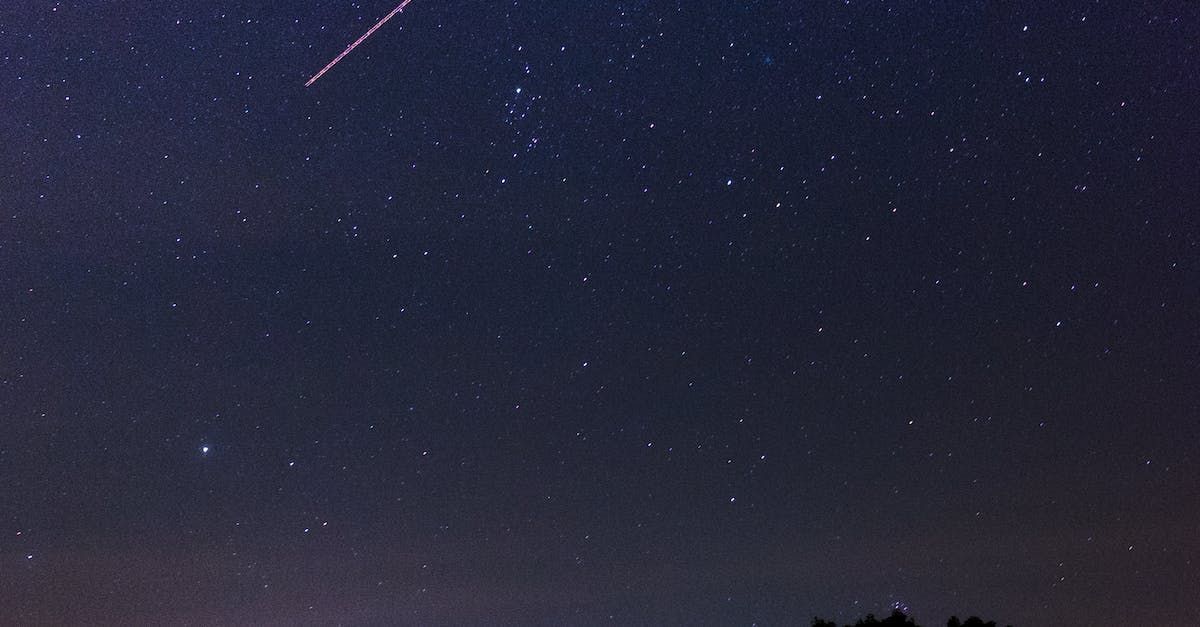Do Astronauts Get PTSD
Do Astronauts Get PTSD?
Astronauts are susceptible to developing post-traumatic stress disorder (PTSD) due to the highly stressful environment they operate in. Traumatic events such as technical malfunctions or accidents, long periods of isolation, lack of privacy, and physical or psychological hardships can all contribute to the development of PTSD.
The symptoms of PTSD in astronauts are similar to those experienced by other high-risk professions such as military personnel, firefighters, and police officers. Symptoms may include anxiety, irritability, nightmares, difficulty sleeping or concentrating, and intrusive thoughts.
Astronauts should undergo regular mental health screenings and seek professional help if they begin experiencing any of these symptoms. However, seeking help can be challenging due to the high-pressure environment and fear of job loss.
Despite these challenges, seeking help is crucial, and treatment can significantly benefit affected astronauts.
What mental health issues do astronauts face in space?
Astronauts are at risk of experiencing a range of mental health issues during and after their space mission. The extended period of space travel can result in boredom, isolation, and disruption of sleep patterns due to the unusual light-dark cycle and living in a weightless environment. Additionally, astronauts may face psychological stress, such as managing limited resources and being away from loved ones.
Research has found that the most common mental health problems experienced by astronauts include sleep disturbances and depression. The psychological toll of living in space, which can feel monotonous and isolating, can lead to depressive symptoms. Concerns about the potential harm of radiation exposure may also contribute to anxiety, fatigue, decreased motivation, and irritability.
Returning to Earth can also be challenging for astronauts, as they adjust to a gravity-based lifestyle and changes in family dynamics. Depression and anxiety are common post-mission, and recovery may require specific psychological treatment, such as cognitive-behavioral therapy. To manage sleep disturbances after returning from space, astronauts are encouraged to establish regular sleep and wake times and avoid blue light before bed.
NASA - promoting psychological readiness for space
Spaceflight is not only physically demanding but also takes a toll on the mental health of crew members. Factors such as lack of privacy, high workload, and separation from family and friends can affect their behavior and performance. To address this, the Behavioral Health and Performance (BHP) team is responsible for understanding how spaceflight conditions impact astronauts' thinking and behavior and for developing interventions to help them adapt and perform well in these conditions.
The BHP team conducts research to better understand the psychological and behavioral responses to spaceflight, developing and testing interventions to improve adaptation and performance. The selection process for astronaut candidates evaluates competencies such as adaptability, and extensive training is provided to help them maintain their behavioral health. During missions, care packages, teleconferences with psychologists, and journaling are provided to help astronauts maintain motivation and increase morale.
However, deep space exploration, such as a mission to Mars, poses a significant communication delay between the crew and Earth, making it impossible to provide real-time, in-mission psychological support from Earth. Therefore, research is underway to develop tools that will allow astronauts to monitor and maintain their behavioral health more autonomously, without real-time support from ground control.
© Copyright 2021 Space-facts.co.uk
View our other facts sites: www.animal-facts.co.uk










